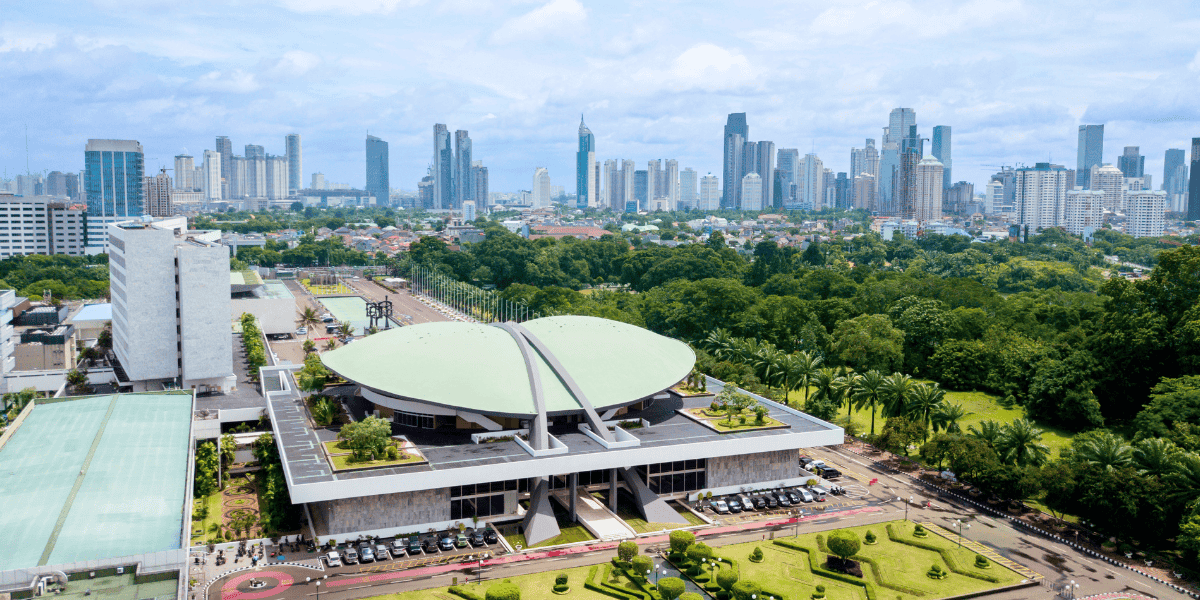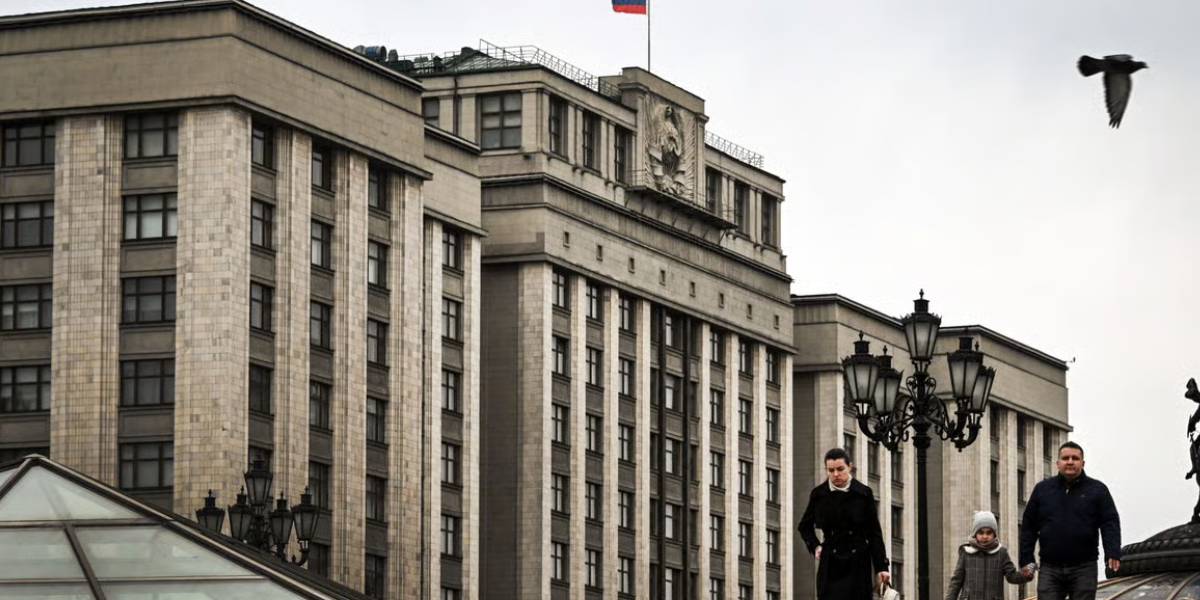The International Monetary Fund (IMF) has issued a report following the conclusion of discussions with Indonesia under Article IV of its articles of agreement.
Indonesia’s economic outlook remains solid despite a difficult external environment in 2015. Medium term prospects are favorable and supported by a policy agenda that enhances growth. Economic growth is projected to be 4.7% for 2015 and around 5% in 2016. Weak commodity prices and slower demand from trading partners are economic headwinds.
Challenges remain for revenue mobilization owing to the adverse effects from lower commodity prices and the related contraction in imports that have reduced government revenues. The IMF considers that Indonesia should pursue an enhanced revenue strategy based on the use of risk-based analysis by the tax administration and a tax reform to broaden the tax base. Certain excises should be adjusted to raise revenue in the short term.
The strategy for economic growth is focusing on improving competitiveness. Since August 2015 a series of policy packages has been issued to improve the business climate and reduce the costs of doing business. The government is committed to structural reforms including reviewing the role of domestic and foreign investment and assessing the benefits of regional trading arrangements. The IMF considers that more flexible labor practices could promote employment and attract new private investment.













